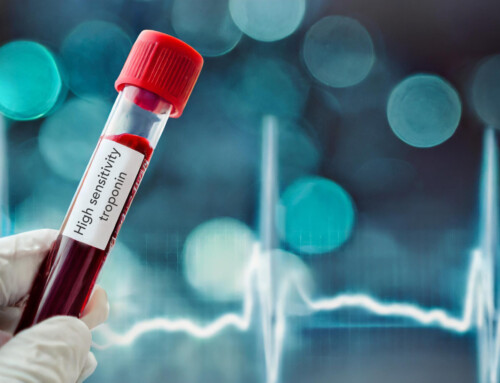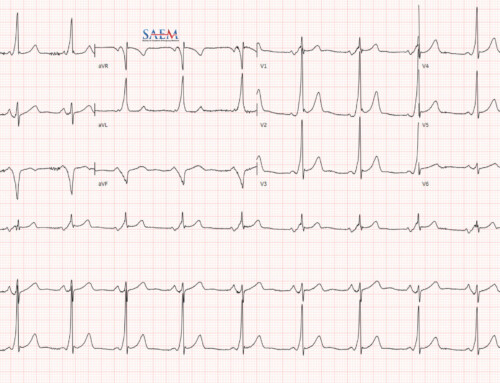Identify the antihypertensive agent:
1. Rapid acting systemic and coronary artery vasodilator with minimal effects on cardiac conductivity or inotropy. Well studied in pregnancy. Caution in patients with left ventricular failure, liver cirrhosis
Answer: Nicardipine
2. Predominantly dilates the venous system. Useful in patients with cardiac ischemia, pulmonary edema, or congestive heart failure. Caution in patients with right ventricular failure
Answer: Nitroglycerin
3. Drug of choice in eclampsia, pre-eclampsia, and aortic dissection. Contraindicated in patients with congestive heart failure and heart block
Answer: Labetalol
4. Decreases peripheral vascular resistance and increases collateral coronary blood flow in an uncontrolled and unpredictable manner and may result in serious complications. Drug of choice during pregnancy
Answer: Nifedipine
5. Direct arterial vasodilator that increases cardiac output and heart rate (Reflex response). Patient may develop lupus like syndrome. Not to be used as first line in the ED
Answer: Hydralyzine
6. Arterial vasodilator that delays atrioventricular conduction and has a negative inotropic effect
Answer: Verapamil
7. Rapid onset of effect after oral administration (30 mins) with little change in cardiac output or reflex tachycardia. Adverse effect may include cough, angioedema. Toxic during first trimester.
Answer: Captopril
8. Only for patients with subarachnoid hemorrhage. Not to be given IV only PO or NG tube
Answer: Nimodipine
9. The only parenteral angiotensin-converting enzyme inhibitor. May cause azotemia in older patients after MI
Answer: Enalapril
10. Oral or transdermal decreases peripheral vascular resistance. May cause sedation and bradycardia
Answer: Clonidine
11. Used in patients who are volume overloaded but not in patients who are hypertensive and volume depleted
Answer: Diuretics
12. Drug of choice for pheochromocytoma, MAOI crisis, and cocaine overdose
Answer: Phentolamine
Reference:
1. Richard S. Irwin, James M. Rippe. Manual of Intensive Care Medicine; 4th ed
2. Marx: Rosen’s Emergency Medicine, 7th ed (Chapter 82- Hypertension: Richard O. Gray)




